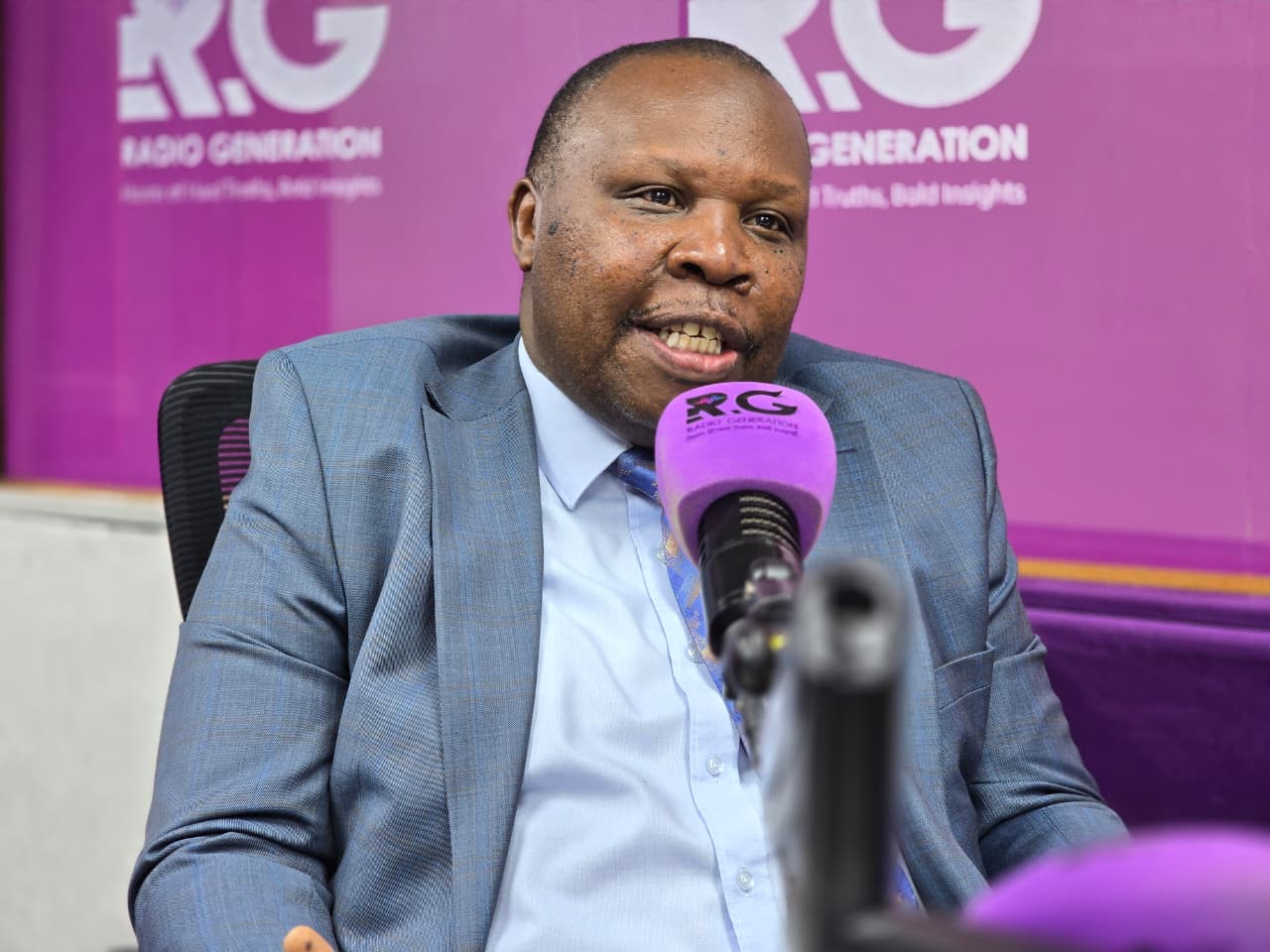The Kenya Medical Practitioners and Dentists Council (KMPDC) has clarified that its recent activities, including revoking licenses and upgrading some health facilities, are part of its core mandate to ensure quality healthcare across the country.
Speaking in an interview with Radio Generation, Council CEO Dr. David Kariuki emphasized that the council’s role is not to punish institutions but to support them in delivering safe and reliable services to Kenyans.
“The Kenya Medical Practitioners and Dentists Council has been in existence from 1978 with a common date to protect the public from harm when they receive health care services, as well as guide the professionals, the doctors, dentists or health officers as they provide services to our citizens,” Kariuki said.
He explained that the council carries out compliance checks on health facilities after registration to ensure they continue to meet the standards promised at the time of licensing.
“One of our core functions is as regulatory arm of the Ministry of Health, or government in general, to ensure that the public receives quality health care services, and quality has many aspects to it,” Kariuki added.
The CEO noted that sanctions, such as license revocation or facility closure, are applied when a facility fails to meet required standards.
Conversely, facilities that exceed expectations may be upgraded.
“It’s only that what gets to the news is more of closures, the revocation of licenses, right? Generally, that’s what we do,” he added.
Regarding the frequency of inspections, Kariuki said the council aims to conduct annual compliance checks on each of Kenya’s more than 16,000 registered health facilities.
However, practical challenges such as weather, resource limitations, or staffing shortages can sometimes extend the inspection cycle to two years.
“Sometimes, once we have inspected a facility and we think it is doing quite well, then we may actually allow it to operate for two years before the next compliance visit here,” he said.
Going further, the CEO stressed that certain facilities may even be inspected every six months depending on concerns about the services they offer.
“Remember, our work is not generally to close facilities, but to support them, to ensure that they are providing quality care to the communities around them, because the more facilities we have, the closer it is for people to get health care. So we balance all those things as we undertake the compliance inspections,” Kariuki explained.
